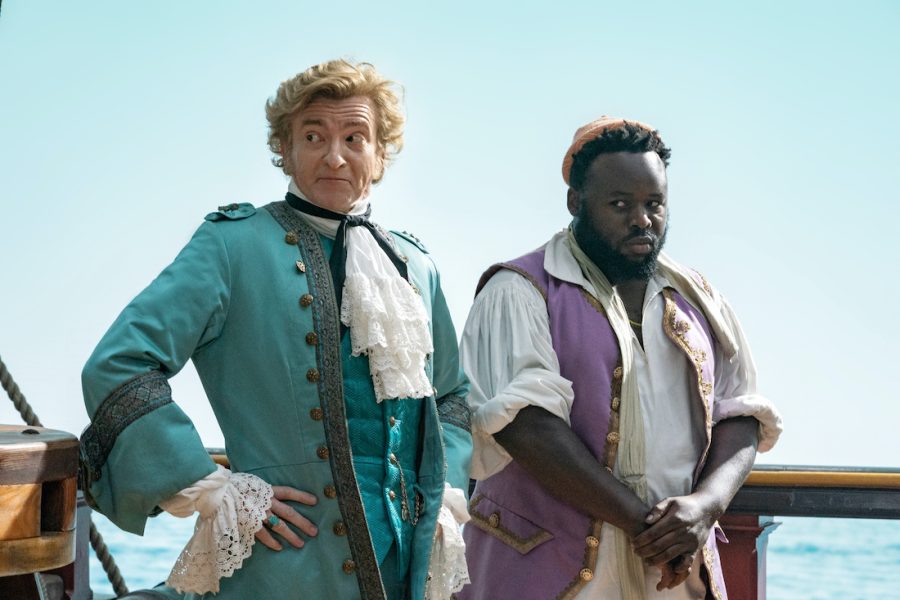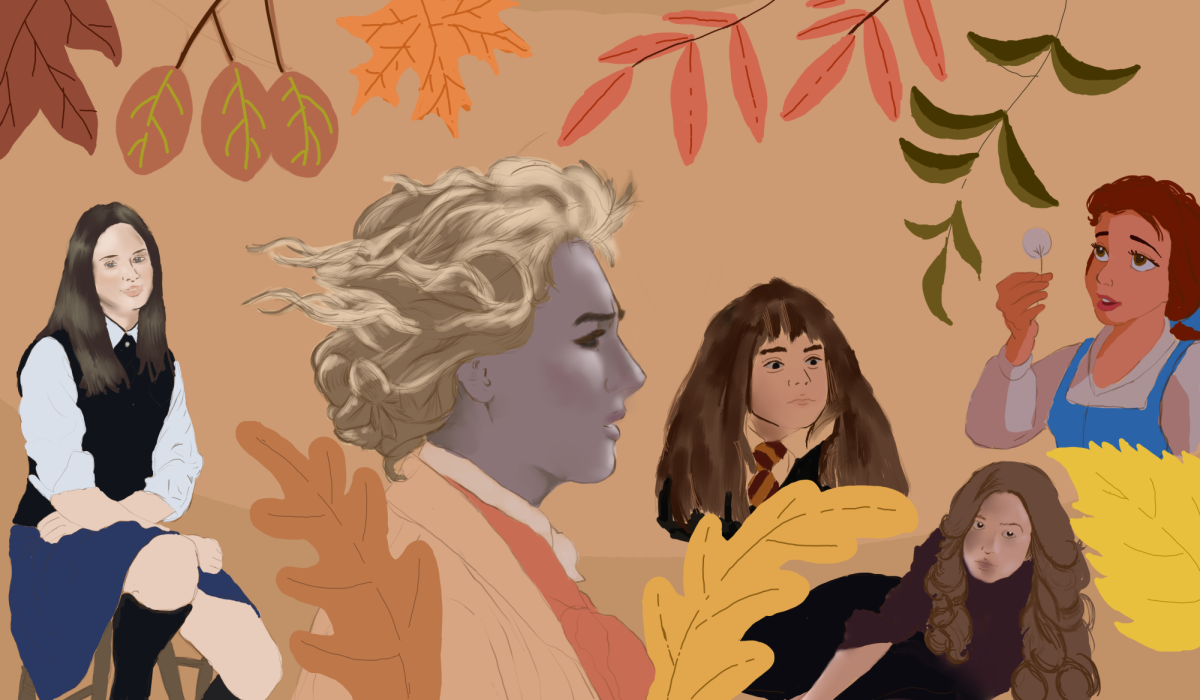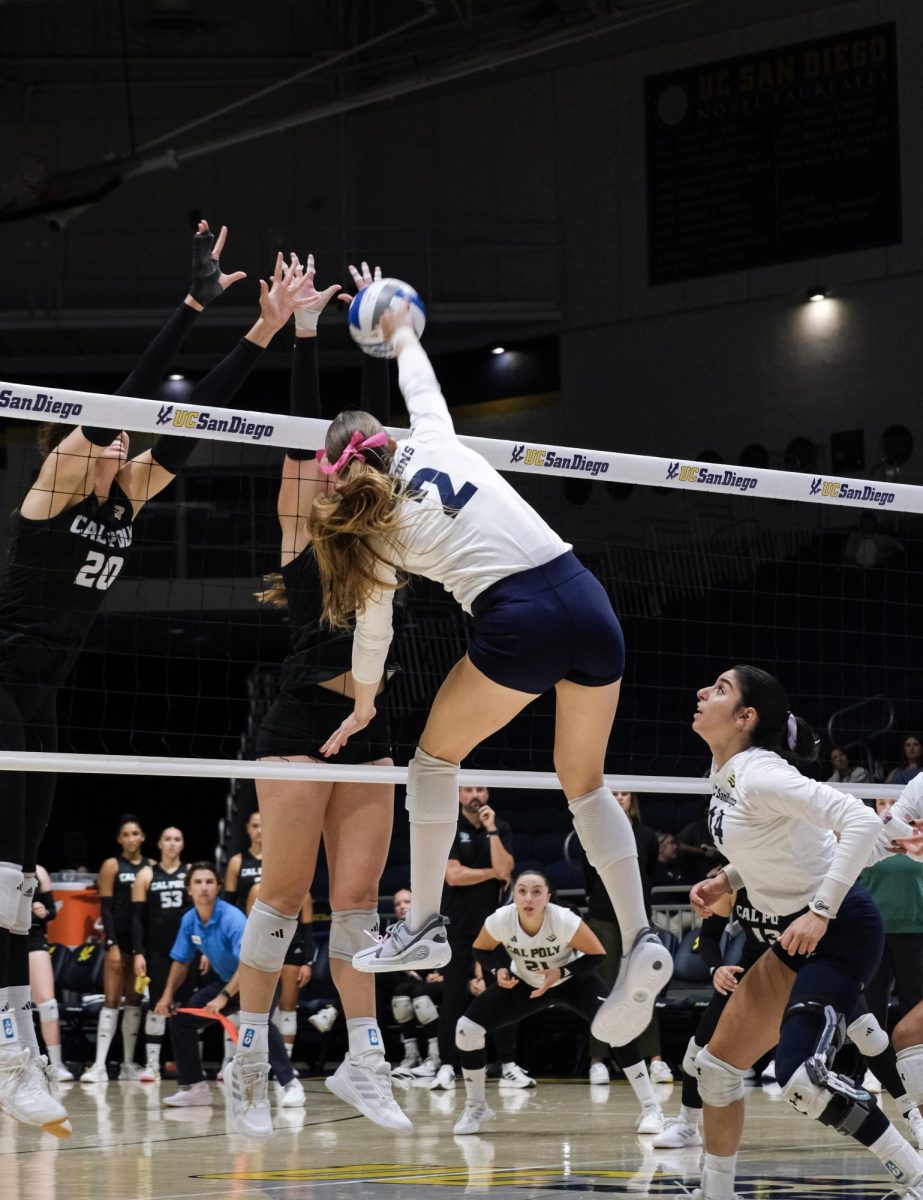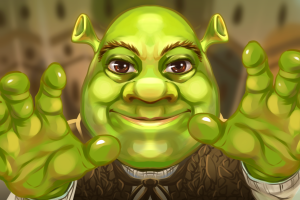Examining Queer Identity in “Our Flag Means Death”
Oct 9, 2022
While most might see a show about pirates on the surface, a deeper dive shows that “Our Flag Means Death ” is more about the redefining of masculinity, and is a refreshing take on the type of LGTBQ stories present in modern media.
“Our Flag Means Death,” known endearingly as “the gay pirate show,” instantly captivated viewers with its lighthearted premise and emotional progression that leaves the audience distraught at its end. After the final episode, I was sobbing on the couch, wondering how I came to care so much about middle-aged men living in the 18th century.
The show is driven by the offbeat humor and charming awkwardness indicative of executive producer Taika Waititi’s style. While the playful humor takes the foreground, it’s the moments of tension that strengthen the connection between the show’s characters and viewers. The pilot episode begins with an introduction to a mishmash crew of pirates captained by Stede Bonnet (Rhys Darby), a well-intended man who left his aristocratic life for piracy. Throughout the show, Stede searches for a sense of belonging at sea that he never found in domestic life, and in doing so, creates an uncharacteristically welcoming environment on his ship, “The Revenge.” Despite the crew’s doubts on Stede’s competency as a pirate and captain, they grow to care for Stede in tandem with the audience. In watching Stede’s deep care for his new profession and the people aboard, it feels like second nature to root for him.
One of the main themes in “Our Flag Means Death” is the exploration and expression of identity. Stede brings on board his flamboyant silk clothes from his past, immediately challenging the depictions of pirates. He dubs himself the “Gentleman Pirate” and consistently struggles with the violence expected of piracy, but remains dedicated to his job. The crew’s light beige color palette and interest in art, whether music or sewing, is also misaligned with the stereotypical images of piracy. “The Revenge’s” overall brightness indicates a warm environment fostered by Stede. As a result, each crew member undergoes a journey of self-exploration often rooted in the undoing of toxic masculinity, which, in the show, can be interchangeable with the understanding of “real” piracy.
In contrast, every other crew that “The Revenge” encounters is clad in 18th century sailor wear or disheveled black attire, which reflects their beliefs on “true piracy” and stoicism as central to masculinity. The evolution of understanding one’s relationship to masculinity can be tracked by Blackbeard’s (Taika Waititi) costuming. He is introduced in a tight black outfit, showing off his defined arms and chest, with charcoal under his eyes. This initial image of Blackbeard reflects the strong reputation he must uphold in order to maintain respect from his crew and other pirates. As Blackbeard learns from — and begins to love — Stede, he is seen in flowy clothes that indicate his growing comfort with himself away from his reputation as a cutthroat pirate, and the ability to subvert the expectations people place onto him.
The plot of the show revolves more pointedly around the crew’s experiences working together at sea. But, the more understated discussion of queerness does not detract from its importance as a major aspect of the show. The continuous conversation around “real” piracy parallels the rigidity of masculinity. The distinctions of being a “real” pirate are derived from what it means to be a “real” man, which inherently illustrates homophobic beliefs. The show’s depiction of the perpetuation of homophobia is done without explicitly showing violence against queer people, serving as a reminder that homophobic behavior extends beyond direct violence, and rather, exists in systems of beliefs. Inherently then, “Our Flag Means Death” grapples with the roots of homophobia without depicting events that can be traumatic for viewers.
While it is crucial to have media with a focal point on queer experiences, I found comfort in the seamless integration of queerness into the storyline of “Our Flag Means Death.” Subtleties like respecting gender fluid pronouns for Jim (Vico Ortiz) who never explicitly comes out, body language indicators between Blackbeard and Stede, and the overall exploration of masculinity and belonging makes for a prominently queer show without using queerness as a main selling point. Doing so takes the next step to normalizing queerness as an inseparable part of life and reminds viewers that an explanation of one’s identity is not owed to anyone.
LGBTQ stories and coming out should be celebrated in representational media, but it is refreshing to watch a show that does not sideline or question queer identities as anything other than an unchangeable aspect of the characters. While coming out is an important milestone, the process of coming out is rooted in a heteronormative culture and is not always needed for individuals to validate their queerness. Through the gradual growth of character relationships, the show puts emphasis on emotions and holistic character relationships before labels.
Image courtesy of Roger Ebert


















Abre • Oct 10, 2022 at 5:57 pm
Taika only EP’d four episodes and directed the pilot in addition to his role as Blackbeard. We really should give people like David Jenkins the show creator and show runner for setting the tone and other collaborators the appropriate credit for other projects like What We Do in The Shadows, the movie was a collaboration between them, Taika has been mostly uninvolved in the TV series, that’s all Jermaine Clement.